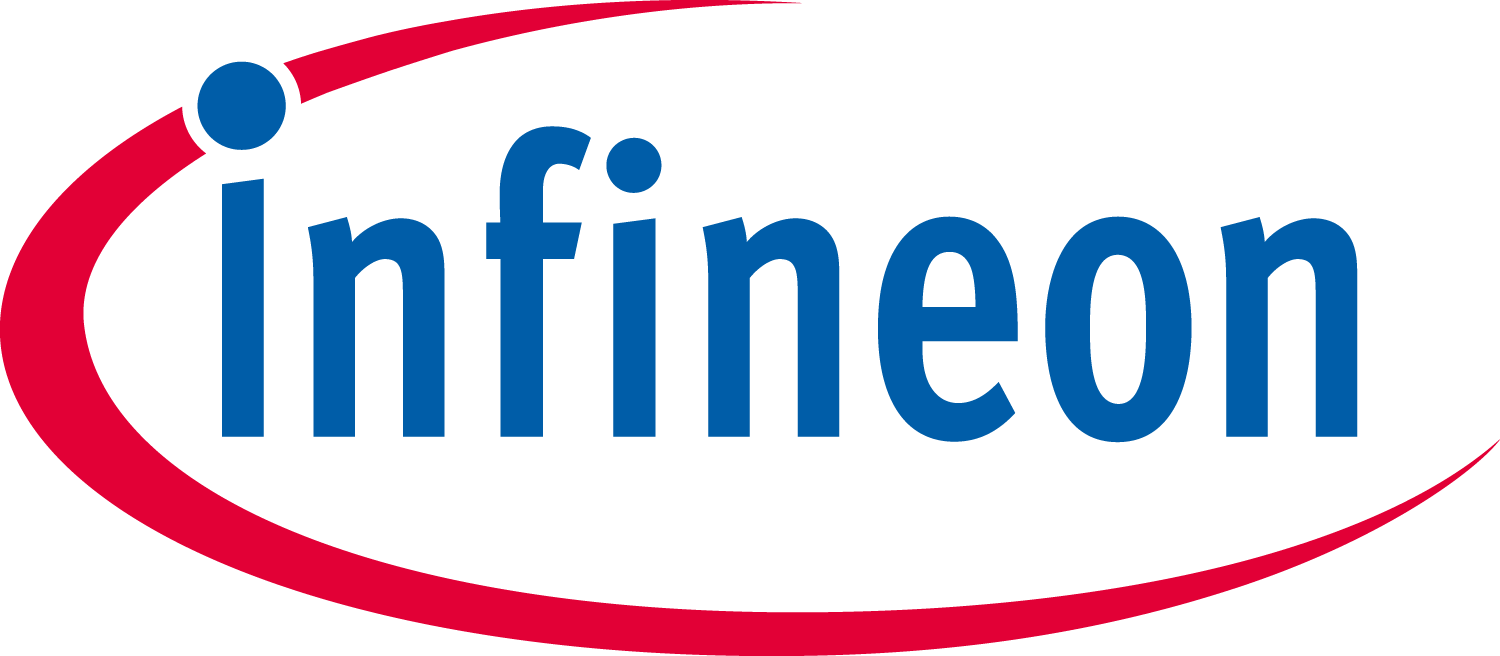Ascon is a family of lightweight cryptographic algorithms designed to be efficient and easy to implement, even with added countermeasures against side-channel attacks. Ascon has been selected as new standard for lightweight authenticated encryption and hashing in the NIST Lightweight Cryptography competition (2019–2023). Ascon has also been selected as the primary choice for lightweight authenticated encryption in the final portfolio of the CAESAR competition (2014–2019).
Ascon is specified in NIST SP 800-232 (initial public draft): "Ascon-based Lightweight Cryptography Standards for Constrained Devices: Authenticated Encryption, Hash, and Extendable Output Functions".
Features
- Authenticated encryption, hashing and message authentication with a single lightweight permutation using sponge/duplex constructions
- Efficient in software and hardware, particularly for constrained devices
- Easy to implement securely, with efficient side-channel countermeasures and misuse resilience
Ascon is designed and maintained by a team of cryptographers working for
Graz University of Technology,
Infineon Technologies,
Intel Labs,
and
Radboud University:
Christoph Dobraunig, Maria Eichlseder, Florian Mendel and Martin Schläffer.


